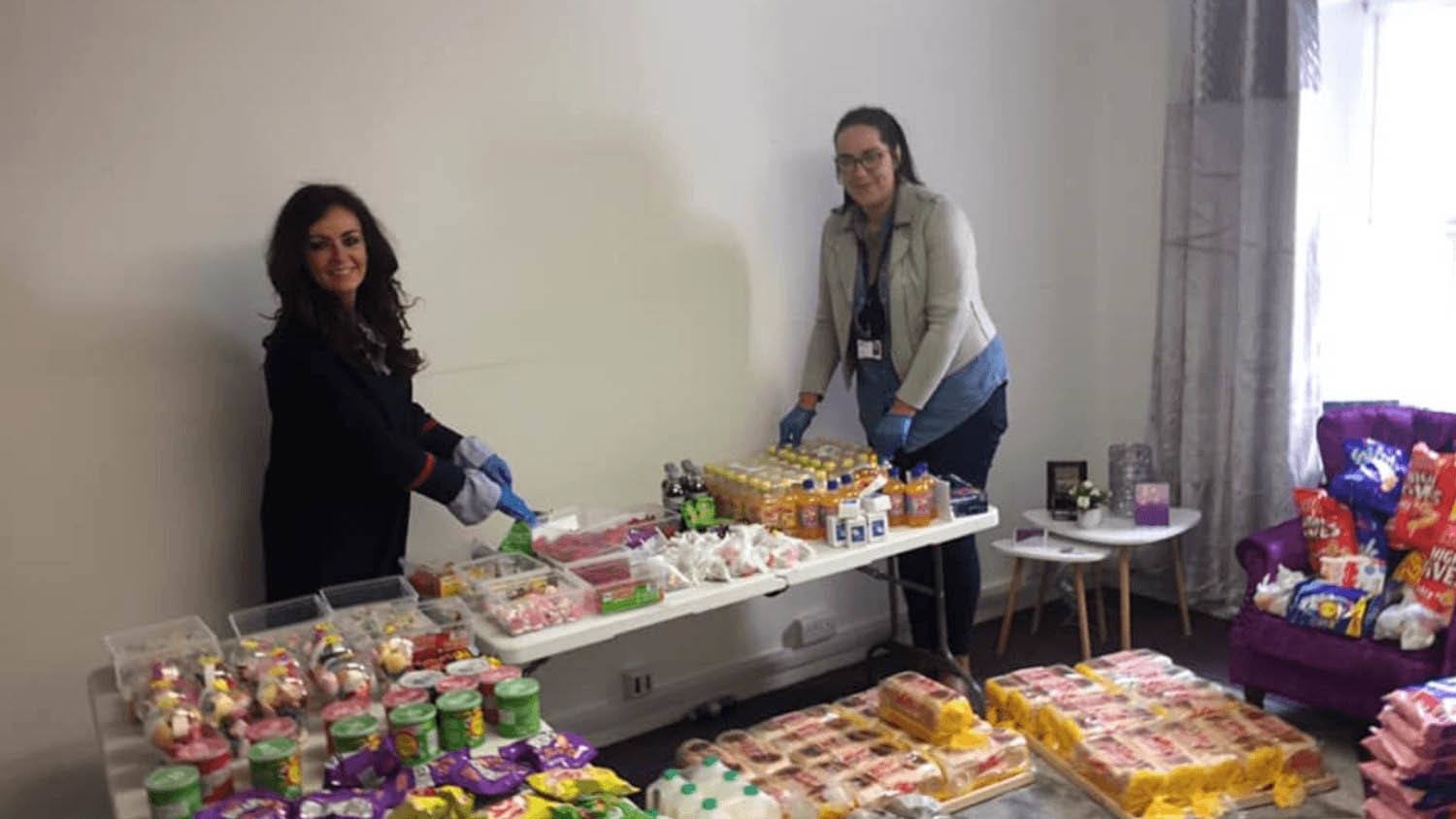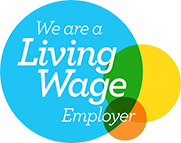

Foundation News
Reflections on community responses to COVID-19
5 Jun 2020
Paul Braithwaite, Community Foundation, and Maurice Meehan, Public Health Agency
(This article was published by PHA on 27 May)
In Northern Ireland we are used to hearing on the news about droughts, famines and, yes epidemics, and give generously to organisations helping the people affected.
The Indian Ocean tsunami which hit on Boxing Day 2004 killed over 200,000 people across many countries in Asia. There was a huge outpouring of sympathy and generosity around the world and an international coalition of governments and organisations set about responding to the crisis. A key realisation early on was that underlying inequalities and vulnerabilities – for example in the quality of houses – had greatly exacerbated the impact of the tsunami on particular population groups.
In response the slogan ‘Building Back Better’ was articulated in recognition of both the duty to better prepare for future disasters, as well as the opportunities for innovation and improvement that arise from the unprecedented disruption to established systems and services. The United Nations has since adopted Building Back Better as an integral part of its approach to disaster response, defining it as:
“The use of the recovery, rehabilitation and reconstruction phases after a disaster to increase the resilience of nations and communities through integrating disaster risk reduction measures into the restoration of physical infrastructure and societal systems, and into the revitalisation of livelihoods, economies, and the environment.”
So what might ‘Building Back Better’ mean in Northern Ireland?
The Community Foundation has been supporting hundreds of community and voluntary groups right across Northern Ireland through the Coronavirus Community Fund. An incredible outpouring of community spirit, solidarity and unity of purpose is evident in the actions communities have initiated and that is deeply moving.
Projects we’ve supported include food parcels, prescription deliveries, community organisations using local cafes to provide ready-made hot meals for vulnerable and isolated older people, online counselling sessions for those with poor mental health, community fridges, IT equipment to connect people with families and the outside world, online fitness classes to ensure young children continue to look after their wellbeing and a pet food bank to provide free food for pets of those vulnerable people who are facing financial difficulties.
Undoubtedly much more remains to be done – not least striving ever harder to identify and prioritise assistance to those who are most vulnerable. But once the initial peak of infections has passed we must begin looking for silver linings to this crisis – how can we harness these new levels of public action, generosity and solidarity to build a better, more equal society that is more resilient to future crises?
Co-designing solutions
Part of the answer lies in harnessing the voice of the people of Northern Ireland and using innovation methods to drive systemic change. For over a decade Building Change Trust, through a £12 million fixed term spend down endowment fund provided by the Big Lottery, supported social innovation and more deliberative and participative decision-making through programmes like Community Innovators, Techies in Residence and Civic Innovation. More widely, terms like co-design and co-production have entered common usage across the public and third sectors.
These approaches could now really come into their own as a way of empowering service providers and citizens to ask crucial questions about both the crisis response and how we can reduce underlying vulnerabilities and inequalities, questions like:
- What really matters, where is the real need and how will economic, social and psychological consequences of COVID-19 affect needs?
- How and what are we learning?
- What are the big, positive changes that have taken place during this crisis that we would like to keep?
- How might we reduce the risk of future crises having an outsize impact on vulnerable groups?
- How might we bring the voices of the people to the forefront in designing and making decisions about what our ‘new normal’ should look like?
- How can the government and the public sector support and enable the potential processes of change?
- How can we ensure collaboration across all sectors moving forward?
Organisations such as the Community Foundation are ready to be part of a ‘Build Back Better coalition’ across all sectors to ensure we learn the lessons of this crisis and move forward into a better future, together.






